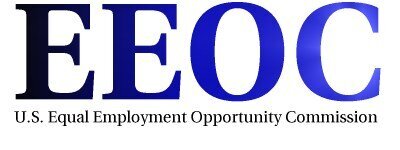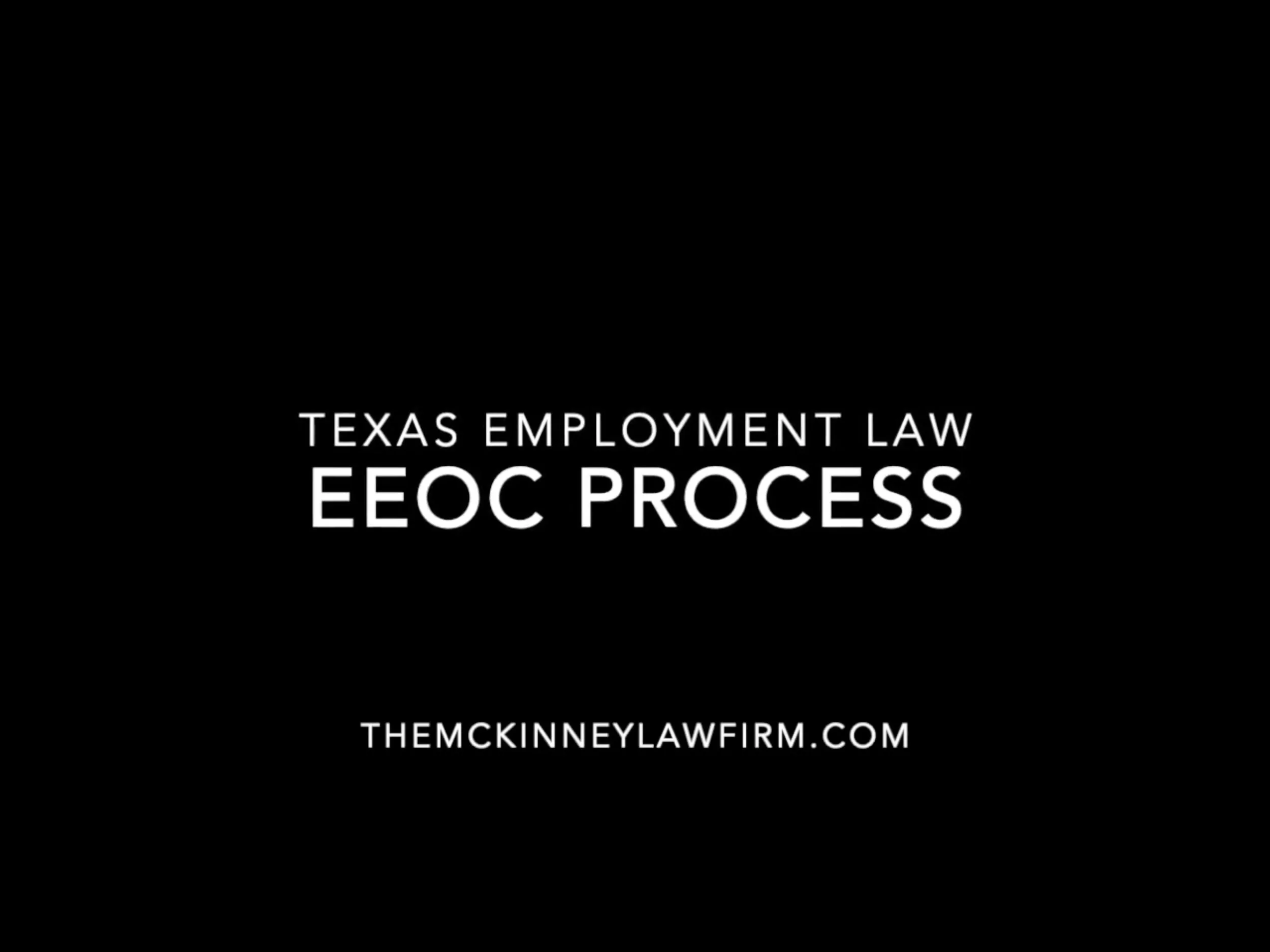Here's the lie:
The lies used to support corporate efforts to continue to restrict regular people's access to the courthouse are powerful. And, sadly, they work. Routinely, potential clients who are sitting in my office will reference the famous McDonalds "Hot Coffee" case and try to assure me that their case isn't like the Hot Coffee case. Their case is real.
Here's the thing, the story everyone knows about the Hot Coffee case is a myth. It's a lie pushed by big business and their tort "reform" groups to poison the minds of potential jurors and make it harder for those who have been legitimately injured to received fair compensation.
So, What Happened?:
In 1992, 79-year-old Stella Liebeck bought a cup of takeout coffee at a McDonald’s drive-thru in Albuquerque and spilled it on her lap. She sued McDonald’s and a jury awarded her nearly $3 million in punitive damages for the burns she suffered.
Before you hear all the facts, your initial reaction might be "Isn’t coffee supposed to be hot?" or "McDonald’s didn’t pour the coffee on her, she spilled it on herself!" But that would be before you hear all the facts.
Here are the facts:
Mrs. Liebeck was not driving when her coffee spilled, nor was the car she was in moving. She was the passenger in a car that was stopped in the parking lot of the McDonald’s where she bought the coffee. She had the cup between her knees while removing the lid to add cream and sugar when the cup tipped over and spilled the entire contents on her lap.
The coffee was not just “hot.” It was very dangerously hot. McDonald’s policy was to serve it at an extremely hot temperature that could cause serious burns in seconds. Mrs. Liebeck’s injuries were far from minor. She was wearing sweatpants that absorbed the coffee and kept it against her skin. She suffered third-degree burns (the most serious kind) and required skin grafts on her inner thighs and elsewhere. (See the video above for pictures.)
Importantly Mrs. Liebeck’s case was far from an isolated event. McDonald’s had received more than 700 previous reports of injury from its coffee, including reports of third-degree burns, and had paid settlements in some cases.
Mrs. Liebeck offered to settle the case for $20,000 to cover her medical expenses and lost income. But McDonald’s never offered more than $800, so the case went to trial. The jury found Mrs. Liebeck to be partially at fault for her injuries, reducing the compensation for her injuries accordingly.
But the jury’s punitive damages award made headlines — upset by McDonald’s unwillingness to correct a policy despite hundreds of people suffering injuries, they awarded Liebeck the equivalent of two days’ worth of revenue from coffee sales for the restaurant chain. Two days. That wasn’t, however, the end of it. The original punitive damage award was ultimately reduced by more than 80 percent by the judge. And, to avoid what likely would have been years of appeals, Mrs. Liebeck and McDonald’s later reached a confidential settlement for even less than that.
Here is just some of the evidence the jury heard during the trial:
McDonald’s operations manual required the franchisee to hold its coffee at 180 to 190 degrees Fahrenheit.
Coffee at that temperature, if spilled, causes third-degree burns in three to seven seconds.
The chairman of the department of mechanical engineering and biomechanical engineering at the University of Texas testified that this risk of harm is unacceptable, as did a widely recognized expert on burns, the editor-in-chief of the Journal of Burn Care and Rehabilitation, the leading scholarly publication in the specialty.
McDonald’s admitted it had known about the risk of serious burns from its scalding hot coffee for more than 10 years. The risk had repeatedly been brought to its attention through numerous other claims and suits.
An expert witness for the company testified that the number of burns was insignificant compared to the billions of cups of coffee the company served each year.
At least one juror later told the Wall Street Journal she thought the company wasn’t taking the injuries seriously. To the corporate restaurant giant those 700 injury cases caused by hot coffee seemed relatively rare compared to the millions of cups of coffee served. But, the juror noted, “there was a person behind every number and I don’t think the corporation was attaching enough importance to that.”
McDonald’s quality assurance manager testified that McDonald’s coffee, at the temperature at which it was poured into Styrofoam cups, was not fit for consumption because it would burn the mouth and throat.
McDonald’s admitted at trial that consumers were unaware of the extent of the risk of serious burns from spilled coffee served at McDonald’s then-required temperature.
McDonald’s admitted it did not warn customers of the nature and extent of this risk and could offer no explanation as to why it did not.
After the verdict, one of the jurors said over the course of the trial he came to realize the case was about “callous disregard for the safety of the people.” Another juror said “the facts were so overwhelmingly against the company.”
That’s because those jurors were able to hear all the facts — including those presented by McDonald’s — and see the extent of Mrs. Liebeck’s injuries.
But that's not the story that the public has heard. Tort reform advocates lied about the facts of the case and the fake story gained traction. It went viral. So viral that now this story is what is most often cited by jurors and others when explaining why they don't trust lawyers, why they don't like lawsuits, and why they think plaintiffs are just out for a quick buck.
And it's all a lie.
If you want to read more, start here.




















